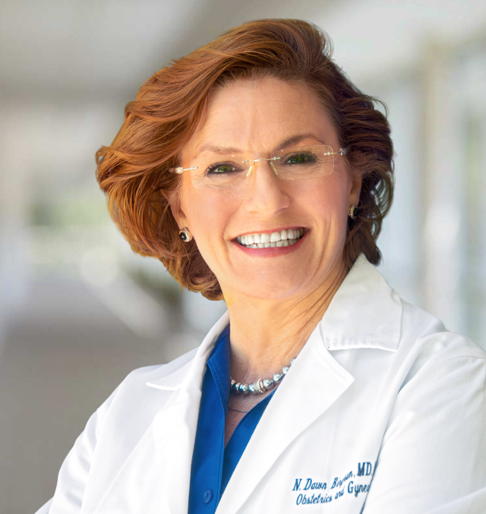 June 1, 2020
June 1, 2020
COVID-19 is a new illness that affects the lungs and a person’s ability to breathe. It is caused by a virus that can be transmitted from person to person. Symptoms include fever, cough, and trouble breathing. It also may cause stomach problems, such as nausea and diarrhea, and a loss of your sense of smell or taste. Symptoms may appear 2 to 14 days after you are exposed to the virus. People can infect other people, even if they do not have any symptoms. Hand washing is very effective at killing the virus. Wearing a mask can help to prevent transmission of the virus, and social distancing from other people can help to reduce transmission as well.
Being ready for an emerging public health crisis is a matter of life and death for the people and economy of South Carolina. As we know, the negative effects of a pandemic threat are not just limited to the immediate dangers to public health and climbing death rates, but also threaten our economic viability.
We need leaders with expertise and character who will work together on public health plans that build on the three basic elements of controlling the spread of infection so that our economy, schools, and churches can function safely. As we optimize supply chains to make sure we have enough protective supplies, and scientists continue to work on best medical treatments, we immediately need:
- Early testing for everyone — accessible, free, widespread testing for the virus so that carriers can be identified, especially those without symptoms.
- Increased support for SC DHEC, public health workers, and the use of digital technology in adapting mobile apps, to perform contact tracing to reduce ongoing exposure of others.
- Secure, safe and appropriate spaces for voluntary, self-imposed short-term isolation and quarantine of people who are carriers of COVID-19. This includes financial and academic safeguards for those who have to be out of work or school to quarantine.
Similar evidence-based public health protocols have been used successfully for decades to control the spread of other infectious diseases. These ongoing measures must take place while we also work on immunizations, medicines, and treatment to alleviate suffering, prevent death and reduce transmission. Our healthcare workers are on the frontline of taking care of people who are already sick, and we must insist on all protections for them to do their job safely, including adequate personal protective equipment and policies that protect them if they are exposed to COVID-19. However, you – the people of our community – are the frontline of defense in reducing transmission of this disease by taking care of each other.
Let’s get through this together!

N. Dawn Bingham, MD, MPH, FACOG


 June 1, 2020
June 1, 2020
